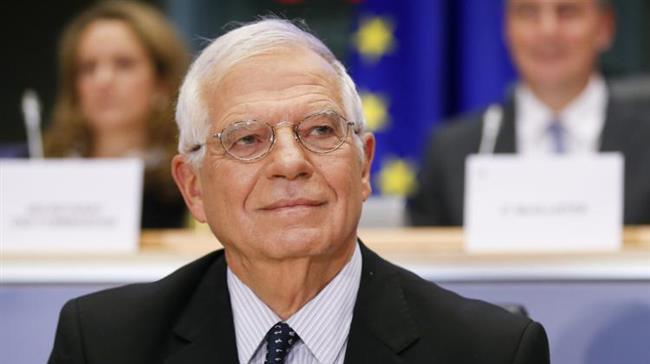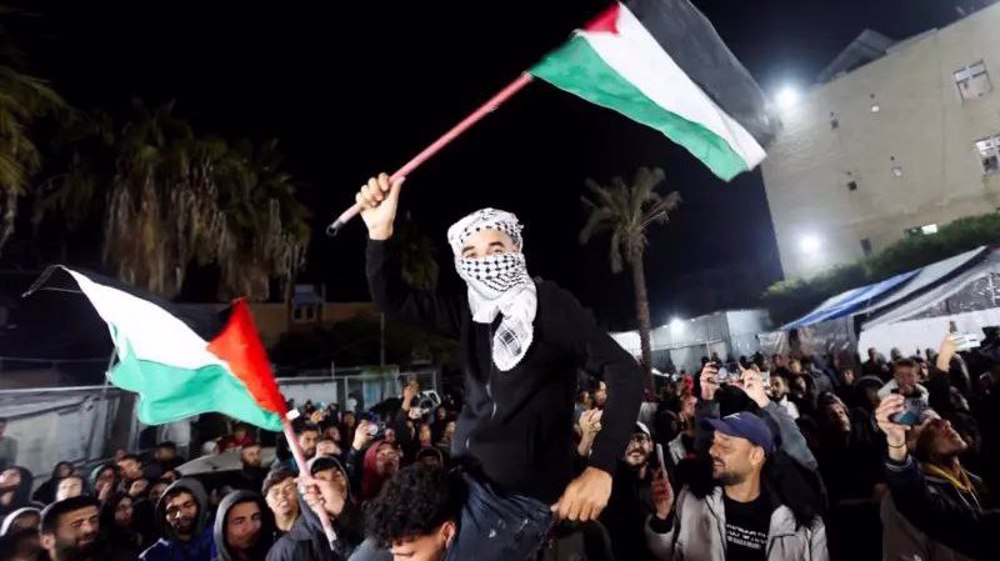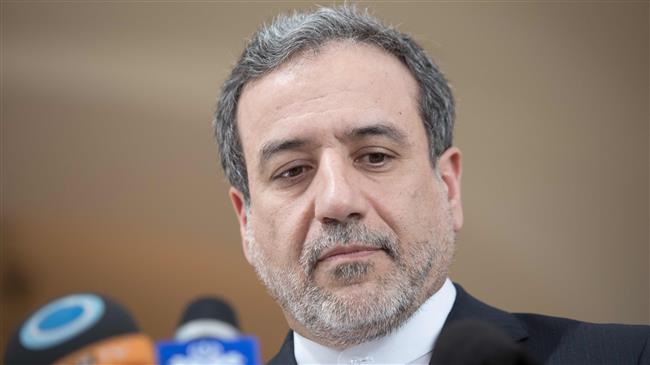Preserving Iran nuclear deal collective responsibility: Borrell
The newly-appointed head of European Union foreign policy Josep Borrell says preserving the Joint Comprehensive Plan of Action (JCPOA), the 2015 nuclear deal with Iran, is a “collective responsibility.”
“#JCPOA is crucial for global security & nuclear non-proliferation. We have collective responsibility to preserve #IranDeal,” Borrell tweeted on Saturday.
Borrell, who also serves as vice-president of the European Commission, further expressed his support for the full implementation of the accord, following the Joint Commission on the implementation of JCPOA, which was held in Vienna on Friday to discuss ways to save the accord.
#JCPOA is crucial for global security & nuclear non-proliferation. We have collective responsibility
— Josep Borrell Fontelles (@JosepBorrellF) December 7, 2019
to preserve #IranDeal. Following the Joint Commission, as coordinator I support the call for
full implementation & to reverse recent negative trend. https://t.co/Yhe1g0qG5f
The Joint Commission was chaired by Secretary General of the European External Action Service (EEAS) Helga Schmid and attended by representatives from Iran and the five remaining signatories to the landmark nuclear deal -- Britain, France, Germany, Russia and China.
Borrell also posted a statement issued after the Friday’s meeting in support of the multilateral deal.
In the statement, participants described the JCPOA as a “multilateral achievement and key element of the global nuclear non-proliferation architecture.”
“All participants emphasized the key importance of full and effective implementation by all sides as well as their determination to pursue all efforts to preserve the agreement,” they said.
They further “strongly encouraged Iran to take all the necessary steps towards full implementation of its nuclear commitments,” stressing “the importance to preserve Iran's economic benefits derived from the JCPOA.”
Participants also “reiterated their strong support and collective responsibility for the continuation of key nuclear non-proliferation projects that are an essential part of the JCPOA.”
It was the first meeting by the remaining parties to the JCPOA since July. In May 2018, US President Donald Trump unilaterally pulled his country out of the international deal, in defiance of global criticism, and later reimposed the sanctions that had been lifted against Tehran as part of the agreement.
In response to the move, Tehran has so far rowed back on its nuclear commitments four times in line with Articles 26 and 36, but stressed that its retaliatory measures will be reversible as soon as Europe finds practical ways to shield mutual trade from the sanctions.
Since last month, however, the Europeans have raised the possibility of triggering the JCPOA’s “dispute resolution mechanism,” also known as the trigger mechanism, the activation of which could lead to the return of UN sanctions on Iran.
Hamas hails Gaza’s victory over Israel in genocidal war, its forcing enemy to agree to ceasefire
'Capitulation': Israeli officials and media concede Gaza defeat as truce unfolds
'Gaza has won': Social media users react to ceasefire with mix of relief, joy
Iran seeks South Korea’s assistance for AI, fiber-optic projects
VIDEO | Iran's 'Eqtedar' (Power) maneuver
Israel hits HTS military target in Syria for 1st time since fall of Assad
VIDEO | Press TV's news headlines
Israel has slaughtered 13,000 students in Gaza, West Bank
















 This makes it easy to access the Press TV website
This makes it easy to access the Press TV website